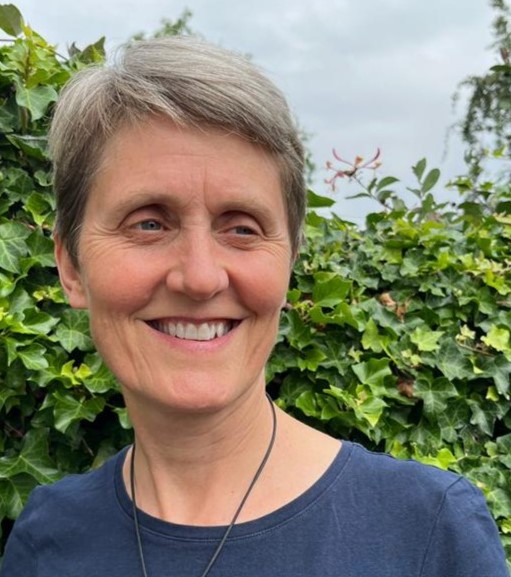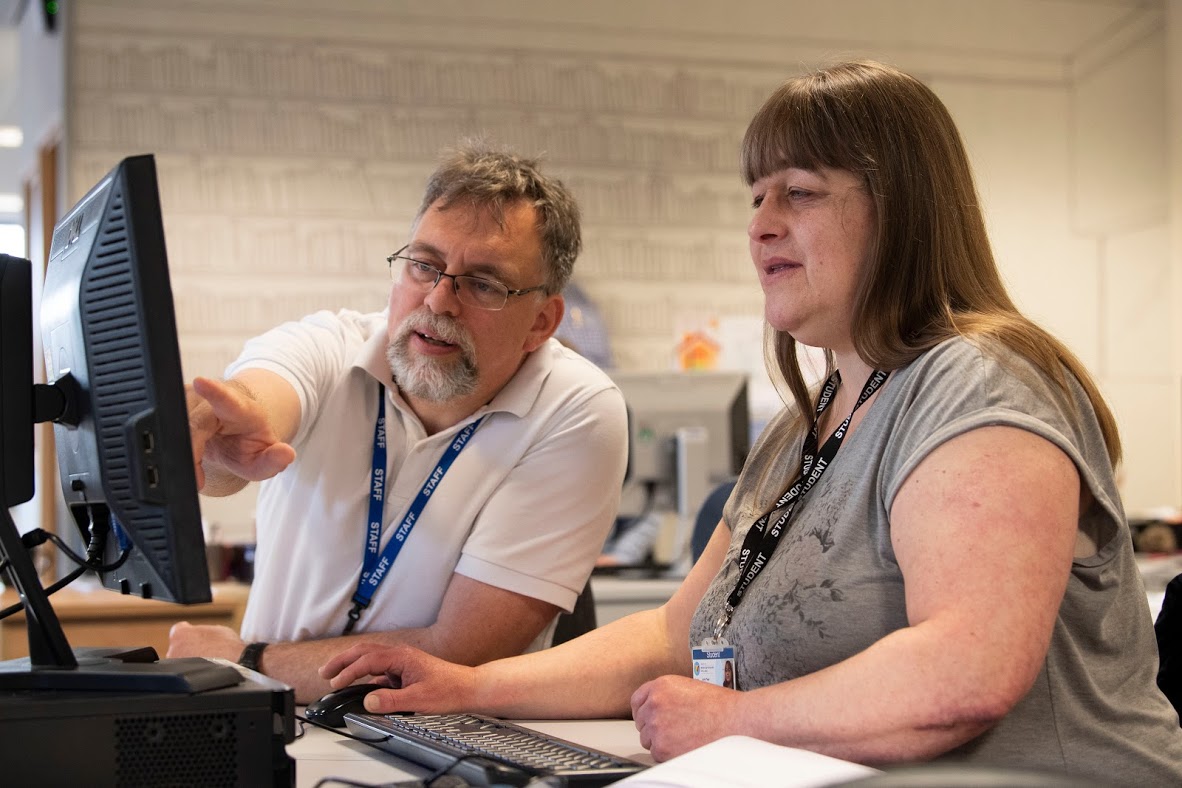My QTLS experience: Rebecca Rendle
What motivated you to undertake Professional Formation leading to QTLS?
I think there were three main reasons. One was I'm passionate about continuing professional development; I've come to teaching later in my career and throughout my life I've been passionate about continuing to learn, so QTLS fit with my values and mindset. The second reason was because I’d done my PGCE which I’d really enjoyed, and I wanted to complete the process. And the third reason was professionally because I want more choice of what roles I can take in the future. So, there were personal and professional reasons for doing it.
How did you find the process and what did you like about that process?
I found the process straightforward and challenging. I liked that it was very structured and rigorous. I think it’s better to do QTLS with the intent of doing it rigorously because you get so much out of it. You don't get a powerful reward without a challenging process into which you put yourself.
I liked the fact that you do self-reflection and think about what your strengths are and what you need to develop in the context of the Professional Standards, which connects you right back into the Further education sector.
Having a mentor was fundamentally important for me. I had a good relationship with my mentor, and she made a huge impact. She challenged me about my own reflection on my abilities, which was interesting because it ended up influencing what I focused on. We ended up choosing my three focus areas together, which was such a helpful process.
It was a challenging process, but looking back on it today, I remember just how much I did and how it has influenced what I've done since. Undertaking QTLS gives you a structure and impetus and focus to do some proper research, put it into practice, evaluate it, and then change your practice.
QTLS had a linearity to me that made perfect sense. It’s focused on student impact, and you have to evidence that. The one thing that matters, in the end, is the impact on the students.

What has undertaking QTLS taught you about yourself?
I think it has underlined for me the critical importance of self-reflection and seeking advice and that it is essential and ongoing throughout your teaching.
I have learned that I can be more confident. Use of technology was one of the areas that I chose for QTLS; I used to be keen to avoid it at all costs and now I don’t. There's lots of tech that's easy to use and the students love it, particularly my 16–18-year-old students. I'm now confident about trying new things, whereas before I would have just shied away from it, but now I use tech regularly.
What impact has QTLS had on your practice, learners and your organisation?
There’s been quite a lot of impact. The use of tech and quizzes in my lessons has helped my students and there’s no doubt that there's been progress in terms of their learning. They like to compete against each other, which makes for a happier, better-engaged classroom.
One of the things that I do very regularly now is work with our speech and language therapist. As an organisation, we've been doing a lot more with her to the extent that we've been involved in developing a nationwide app called Verbo that teachers are going to be able to access for activities to help students with speech and language needs.
I work with a lot of neurodiverse learners, and since achieving QTLS, I’ve changed the way that I work around learning objectives to increase their sense of independence. They decide what's the most important thing for them. There's a structured sense of what's happening during the lesson, which is really important, particularly for students who have a special educational need.
Another thing I looked at was punctuality and attendance and how to improve that, and punctuality has improved considerably. I can’t say that it’s just the impact of my QTLS and what I now do at the beginning of lessons to engage students and promote learning independence, but it’s definitely been part of it, and most students now come on time which makes a big difference.
I think, as a result of doing QTLS, I'm better at evidencing student impact and thinking about the evidence of learning, so I think that thread has continued since achieving QTLS. Another thing that’s changed is that I talk to my students a lot about what we're learning, why we're learning it and what they are getting from it. The students respond well to that meta-approach to the learning process.
What are you going to do next and how will you continue to develop your practice?
I've been very lucky that my organisation is very committed to continuing professional development. One of the things that I've benefitted from is a professional coach who specialises in working with neurodiverse students. I've also been looking at whether I do some sort of level 7 qualification on metacognition and the whole process of learning, or something more on neurodiverse students.
I think finding ways to seek advice and feedback from people who are experienced is important, so I will continue to do that. In my career, I am going to stay where I am to deepen my practice. I love it and I've got no desire to go anywhere else.
What advice would you give any teachers or trainers who are thinking about undertaking the next QTLS cohort?
I would say definitely do it. You get a lot out of it. If you want to benefit from it as much as you can, don't underestimate it. It does take commitment and some time.
Somebody gave me advice about not to do it in my first year of teaching because everything's a little bit overwhelming already. I'm glad I waited until the point at which I wasn't in a blind state of panic every day about my lesson plan!
I would say focus on the importance of learner impact from the start, or at least bear in mind from the outset that impact on the learners and your organisation will be part of what you need to evidence at the end.
Make the most of your mentor. If you can find somebody who is experienced and willing to support you through it, it can be a really rich part of the process. Having that person observe and feedback and challenge and enrich is so important.
Finally, can you share a fun fact about yourself?
I'm going to retake up the ukulele because I think it would be fun to do with students and would liven up the classroom. The ukulele brings in lots of light, doesn't it? You can only laugh with a ukulele.

CHECK YOUR ELIGIBILITY AND APPLY FOR QTLS QTLS - Professional Formation
QTLS is the badge of professionalism for post-14 education and training. It’s aimed at helping you advance your career and to demonstrate your expertise and experience to your colleagues, employers and learners.
QTLS

